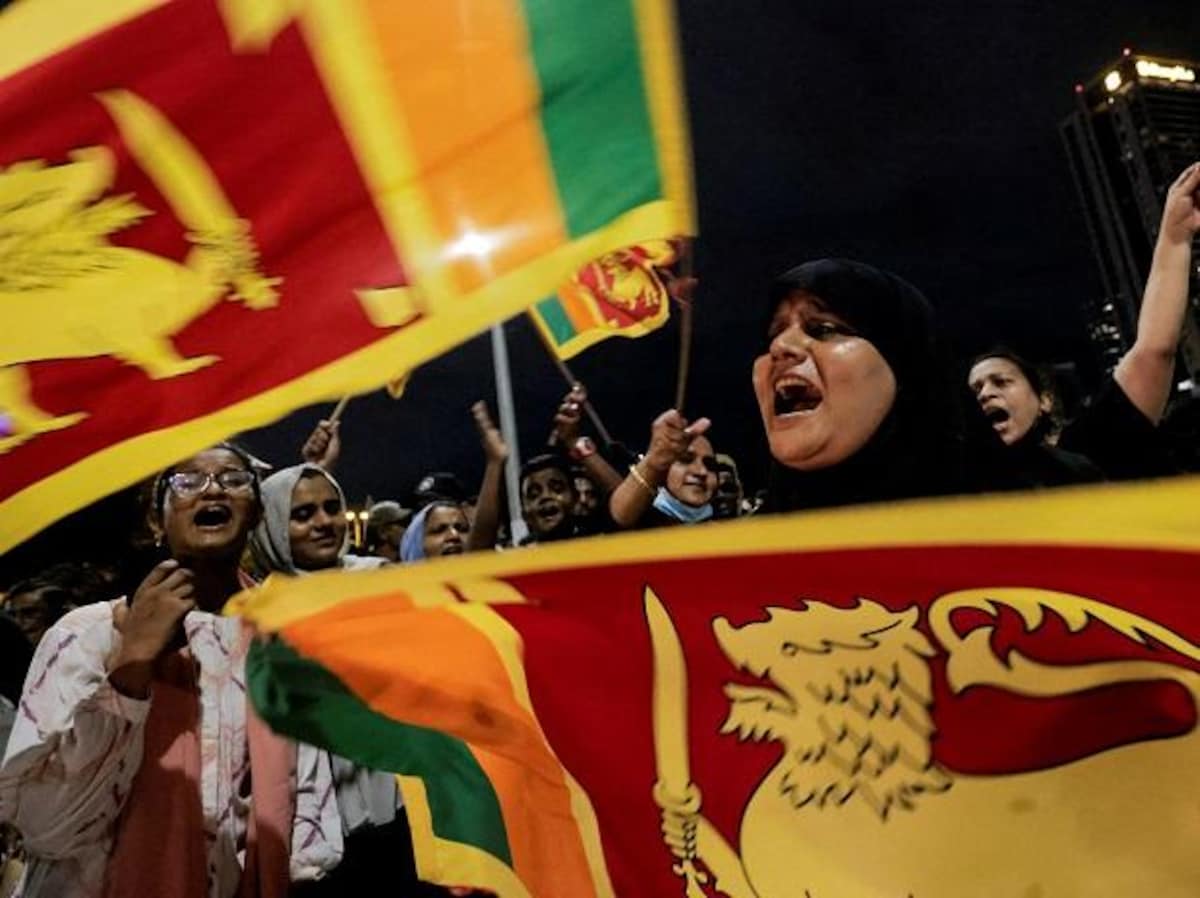NEW DELHI: India may help Sri Lanka with $2 billion more to help the island nation deal with the economic crisis, in line with its neighbourhood first policy. New Delhi has already helped Sri Lanka with $2.5 billion for rapid post-Covid-19 economic recovery.
Last week, Ministry of External Affairs spokesperson Arindam Bagchi said: “We are neighbours and a close friend. There has been an evolving economic situation as well as other developments. To help mitigate the economic situation there, we have extended assistance — $2.5 billion, in the past two to three months, including credit facilities for fuel and food which are most required.”
Since mid March, over 270,000 MT of food and oil has been delivered to Sri Lanka. In addition, 40,000 tonnes of rice have been supplied under the recently extended $1 billion credit line. The relationship between India and Sri Lanka is rooted in the civilisational values.
The relation between the two countries have strengthened in recent months.
“We stand ready to continue working with Sri Lanka for rapid post Covid economic recovery in line with our neighbourhood policy and we have already conveyed to them at various occasions. Our readiness, whatever support we can, and has been demonstrated by our actions till now,” he said.
The Sri Lankan economy is facing a twin challenge of fast eroding foreign exchange reserves and surging inflation leading to the brink of bankruptcy. Sri Lanka is currently facing solvency issues with unsustainable debt levels.
With unprecedented shortage of foreign exchange, the basic needs of the people of Sri Lanka cannot be met. There are huge queues outside petrol pumps as there is no foreign exchange reserve to import petrol, pharmacies have run out of medicines and newspaper houses have run out of newsprint.
Since January 2022, the inflation rate has crossed 18 per cent in Sri Lanka. Angry residents have hit the streets in protest and the Lankan government responded by imposing a curfew. Sri Lanka has taken loans from China, at lending rates in the range of 3-6 per cent against the 1-3 per cent offered by World Bank and IMF.
As a result, Sri Lanka has had to request China for a debt-to-equity swap, selling their own equity to Chinese companies as they have not been able to pay back their loans. China’s investment of an estimated $1.4 billion in Sri Lanka’s Colombo Port City project is the largest single foreign investment in the island nation’s history.
Dubbed as a Public-Private Partnership (PPP) between the Government of Sri Lanka and the CHEC Port City Colombo (CPCC) Pvt Ltd, the project has been much publicised for the employment opportunities and huge revenues which it would generate for the Sri Lankans.
Also Read: Why Bangladesh won’t fall into a crisis like Sri Lanka, Pakistan?





